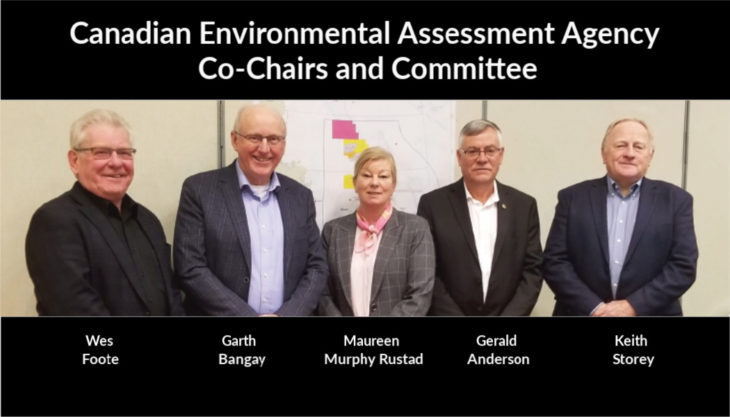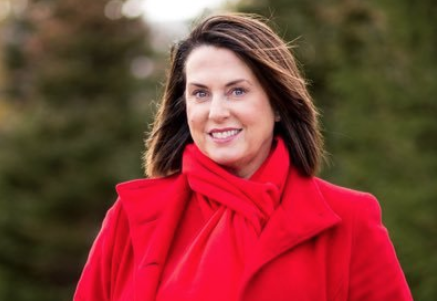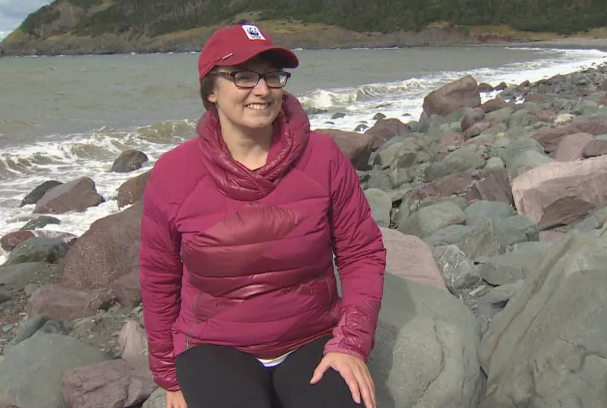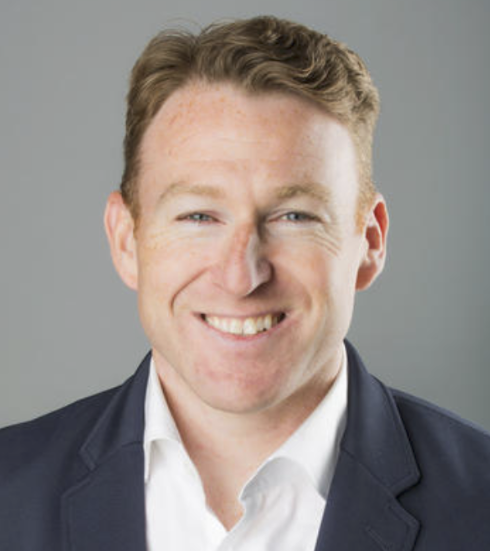The OGM Interactive Edition - Summer 2023 - Read Now!
View Past IssuesIn the last 18 months, we have seen a shower of unfortunate events take place in the oil and gas industry Offshore Newfoundland; The dispute over Bill C69, four oil spills and now the fishing industry is upset about potential disruption in important fishing zones.
One has to wonder, why is this happening now when the oil industry has had a virtually flawless environmental record for the last 28 years?
History has shown us that when all hell breaks loose it’s usually because a better solution is requesting to come in. Perhaps it’s time for a plan that is inclusive of all stakeholders and has the big picture in mind.
The problem may be that we don’t really know who’s at the helm of decision making when it comes to our marine resources. Is it the C-NLOPB, Federal Minister of Natural Resources, Prime Minister, Provincial Minister of Natural Resources, The Atlantic Accord, The United Nations, Marine Protected Areas (MPA’s), The FFAW, SEA ….. you get the picture!
TOO MANY COOKS
Newfoundland and Labrador has world-class resources that require world-class solutions. But who is our resource master and where is our master plan?
Petroleum and the fishing industry are mainstays of the Newfoundland and Labrador economy. We succeed when both work in unison. One cannot dominate over the other. Pitting industries against each other is futile. It never works. The solutions come from leadership at the helm, ensuring that all industries thrive. That’s very simple to say BUT it’s not easy to do!
NORWAY HAS ANSWERS
Norway has successfully developed its marine industries harmoniously. As a result, they are now one of the wealthiest and most successful regions of the world. Offshore Newfoundland could follow suit. Why re-invent the wheel when we have a sister country with similar resources and infrastructure? Here is a Typology of Stakeholders and Guidelines for Engagement in Transdisciplinary, Participatory Processes in Norway. It is a guide we can learn from, adapt and implement offshore Newfoundland. Take a look!
THE CEAA COMMITTEE
The CEAA has enlisted key representatives from Atlantic Canada to be committee members overseeing the environmental assessment process offshore Newfoundland/NovaScotia.

Minister McKenna announced the appointment of Garth Bangay and Wes Foote as co-chairs of the Committee to carry out the regional assessment of Offshore Oil Gas Exploratory Drilling East of Newfoundland and Labrador. Gerald Anderson, Keith Storey and Maureen Murphy Rustad have been appointed as committee members.
Are these the individuals who ultimately determine if a Call for Nominations and Call for Land Sales are permitted in a protected fishing area? We aren’t quite sure as C-NLOPB and Canadian Governments of Natural Resources play a part as well.
THE MEETING OF THE MINDS
On Sept 5 2019, the Honourable Siobhan Coady, Minister of Natural Resources, hosted a meeting to discuss the protection of the Canada-Newfoundland and Labrador offshore environment. The meeting took place in St. John’s with representatives from the provincial Department of Natural Resources, the Canada-Newfoundland and Labrador Offshore Petroleum Board (C-NLOPB) and Natural Resources Canada.

Minister Siobhan Coady said, “Our discussion was focused on reviewing the processes we currently have in place to prevent an oil spill from occurring. Protecting our offshore environment and the safety of our offshore workers are fundamental principles to everything we do. We will continue this vital dialogue and expect better of operators.” During the meeting, a detailed overview of environmental performance was provided to both governments by the C-NLOPB.
THE CANADA-NEWFOUNDLAND OFFSHORE PETROLEUM BOARD
The C-NLOPB has been requested to report back to federal and provincial representatives on a number of issues discussed during the event. Further meetings will be held to advance action items arising from the discussion. It will be interesting to find out if exploration licencing on fishing grounds was on the agenda to be resolved.
According to the C-NLOPB’s recent news release, the Call for Nominations are meant to assist in selecting parcels to be included in subsequent 2020 Call for Bids. They are not actual Calls for Bids. Here’s how it works:
TIMELINE
Nominations took place – September 2019
Call for Bids close – November 2020
Licence awarded – Early 2021
This is pending board approval and ratification by the federal and provincial governments.
In a news release September 5, 2019, the C-NLOPB said it has encouraged and engaged in efforts to promote successful communication and co-operation between the fishing and oil and gas sectors, recognizing both are economic cornerstones of Newfoundland and Labrador and the rest of Canada.
So where did things go off track when it comes to protected fishing areas in the Northeast Newfoundland Slope?
SEA
C-NLOPB takes direction from multistakeholder groups. The Eastern Newfoundland Strategic Environmental Assessment (SEA) had input into the decision to include The Eastern Newfoundland Sector NL04-EN which is the primary region of concern. Detailed information on the 2014 report produced by Amec is located online at the C-NLOPB website and can be found here.
The C-NLOPB’s SEA report came out in 2014. The Northeast Newfoundland Slope Closure was created three years later, in 2017. Could this be the issue?
WORLD WILDLIFE FUND (WWF)
WWF issued a recent press release, “The Canada-Newfoundland and Labrador Offshore Petroleum Board (C-NLOPB) recent Call for Nominations in the Northeast Newfoundland Slope Closure infringes on a marine refuge counting towards Canada’s marine protection targets.”

This map shows the overlap in the protected area (green) and the proposed nominated area (grey). Source: WWF
While Canada adopted minimum standards for marine protected areas, including the prohibition of all oil and gas activities, these standards do not apply to marine refuges, which are protected under the Fisheries Act.
WWF-Canada is calling for minimum standards for all sites considered “protected” in order to effectively protect marine biodiversity, including both marine protected areas and marine refuges.
The Government of Canada has said that if oil and gas leases are awarded within parts of their protected areas then they will stop counting them towards international protected area targets.
Parts of the Northeast Newfoundland Slope Closure, a site which fish harvesters voluntarily agreed to stop fishing in to protect important fish habitat, has had oil and gas leases awarded within it since its creation in 2017. That means that while the area remains off-limits to fishermen, it is open for oil and gas development.
The Northeast Newfoundland Slope
WWF-Canada has called for increased regulatory oversight of the oil and gas industry, including improvements to financial and liability rules, risk assessment procedures, drilling and well-control rules as well as improved spill response capacity. It has asked that marine refuges be excluded from development by the oil and gas industry.
Sigrid Kuehnemund, WWF-Canada’s vice president of ocean conservation, says: “We ask that the C-NLOPB remove all marine refuges from any future nomination processes in order to safeguard these important ocean habitats.”

FFAW
Keith Sullivan, President of the Fish, Food and Allied Workers Union (FFAW) expresses concerns, “It’s not hard to understand why people who make their living fishing are concerned with the recent Call for Land Nominations. The land parcel that is going to be made available for oil companies to bid on is directly over some of the best fishing grounds in Newfoundland and Labrador. That will negatively impact our fishery in many ways.”

Keith Sullivan says, “Not only are we concerned about our fishery but once installations are in place there’s also the issue of 5-10 mile exclusion zones around the platforms and FPSO’s which eliminates lucrative real estate on the best fishing grounds for harvesters.”
PROACTIVE
The primary goal is to find ways for marine-related industries to not only coexist but to thrive offshore Newfoundland and Labrador. Successful considerations may include:
______________________________________________________________________________
This article was written and produced by Tina Olivero. If you would like your story told, content generated, or advertorials produced please contact: TinaOlivero@TheOGM.com
Did you enjoy this article?